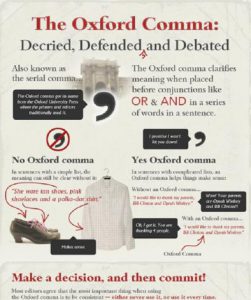A couple holiday seasons ago, I wrote a post on this blog that felt like it was too trivial to really matter to people. It was just a thought that occurred to me after talking to a friend about how made for TV holiday movies were usually poorly written. Specifically, we’d been talking about Hallmark, as one of the leaders in the genre and probably one that had really defined the genre in several ways since they got into TV production back in the early 90s. Though they aren’t the only ones in the field, it feels like there’s a certain style to their movies that other networks and production companies have tried to recreate.
There have always been movies of this kind, and made for TV movies have always had some issues to them, but Hallmark drew my attention because it’s never felt like budget was ever the reason why Hallmark movies felt a little off. When you watch the made for TV movies made by others you can usually point out the places where budget became a concern. But for Hallmark? The reason why their movies have always been love ’em or hate ’em is because of something in their formula and not in their budget. And, at the time, I figured it was a cute observation to make that would pass by without much notice.
I was incredibly wrong because that post is the #2 most viewed post on my site and it’s still getting hits daily.
The thing about it is that two very distinct groups read that post and comment regularly. The first group to comment regularly are those who agree with the premise that the genre’s formula relies too heavily on artificial moments to the point that the rest of the movie feels wrong. The second group, on the other hand, are actually the die-hard Hallmark fans, who seem to be about as passionate as my fellow Trekkies (who I’ve also pissed off in the past). And, I’ll admit, I was needlessly dismissive of them in the original post for the sake of a quick chuckle when I said that the people who loved it were either heavily scouted or had possibly been drinking. Because, the truth of the matter is that there was something far more fundamental that I left out of the equation at the time.
The reason why those moments, while artificial, still happen to work is because they’re almost universal – so much so that both sides of that argument can probably agree on some of the themes. Continue reading Universal Themes





